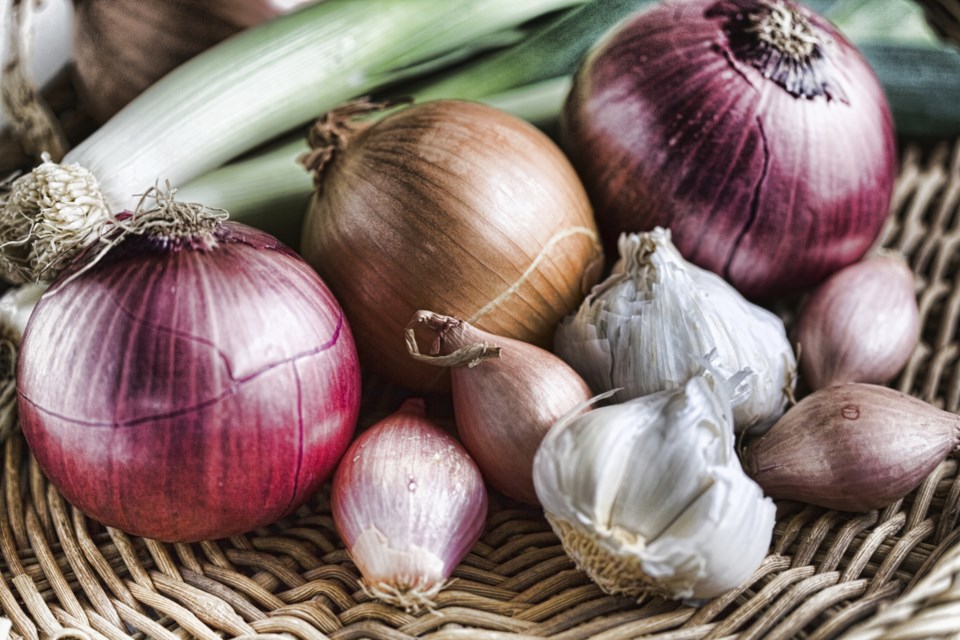Inflammation is a symptom I know a little too well, thanks to digestive problems I was unaware I was suffering from for most of my life.
But I am not alone: Inflammation affects all of us, whether it’s acute or chronic.
Inflammation is your body's way of telling you something is wrong and you should probably pay attention. It's the body's healing response that brings more nourishment and more immune activity to an area of injury or infection.
We all recognize inflammation topically as redness, swelling and pain or discomfort. But just like most things in our body that are meant to heal us, when inflammation becomes chronic, it becomes a problem and can lead to various illnesses like heart disease and cancer.
Now, topical inflammation is easy to identify, but it becomes a bit complicated when it’s internal because you don’t necessarily see it. However, the one obvious indication is pain, especially if it’s a constant occurrence.
Inflammation inside the body can be the result of many things, from unhealthy habits like smoking, alcohol, dairy, caffeine, hydrogenated fats and processed foods to autoimmune diseases.
There are many ways that inflammation can affect your health, and it can have a positive and negative affect in your body. Positive in the sense that it helps your body respond to stress, but negative when the constant inflammation leaves your body susceptible to illness and disease. So it’s a good idea to keep it in check so your body only has inflammation when its needed. Think of it as salt, a pinch is a delicious, necessary thing but too much has ghastly consequences on your health.
Onions and garlic
Onions are full of an antioxidant called quercetin that help your body fight inflammation and garlic is packed with sulphur, which aids your immune system to fight disease.
Turmeric
This up-and-coming trendy spice has been around for a long time and used very intensively in many cultures. It contains the powerful anti-inflammatory curcumin. Try it out on your next meal, your body will thank you.
Omega 3s
These fatty acids work hard when it comes to reducing all kinds of inflammation. Try adding more salmon, flax seed or high quality fish oils into your cuisine to get a good dosage.
Ginger
Not only good for settling digestive upsets and making a delicious tea. Ginger reduces inflammation similar to turmeric. It has been specially known to reduce pain associated to arthritis.
Dark leafy greens
These will help you up your magnesium intake which most of us don’t get enough of, and is highly needed to lower inflammation markers.
Whole grains
The fibre in whole grains has been shown to reduce levels of C-reactive protein, a marker of inflammation in the blood.
Beets
Fibre, vitamin C and plant pigments called betalains are what you can look forward to helping you out to reduce inflammation. A beet a day will keep inflammation away! (I just made that up).
Foods to avoid
The controversial nightshade family includes 2,000 plant species from the Solanaceae family. These particular vegetables and fruits have been said to cause pain and inflammation in the body, so it is suggested that people suffering from chronic inflammation including joint pain or any autoimmune disorders like celiac or Crohn's should avoid nightshades like the plague. These include bell peppers, tomatoes, potatoes and eggplant to name a few. However on the flip side, some say that some nightshades are actually beneficial to aiding in the reduction of inflammation. For example, the lycopene in tomatoes have been shown to greatly reduce inflammation in the body, especially the lungs. And in that lies the controversy. My suggestion is, if you can’t live without your tomatoes, reduce your intake at the very least and assess how you feel. You know your body best, and when in doubt, seek a professional.
Recipe: Raw ABC Salad
Ingredients
1 apple
1 large grated beet
1 large grated carrot
1 diced fennel bulb
Juice of one lemon
1 tsp chia seeds
1 clove crushed garlic
1 tbsp olive oil
1 tbsp Apple cider vinegar
Romaine lettuce (optional)
Sea salt and pepper to taste
Directions
Mix all ingredients together in a bowl and voila! the perfect easy side dish!



